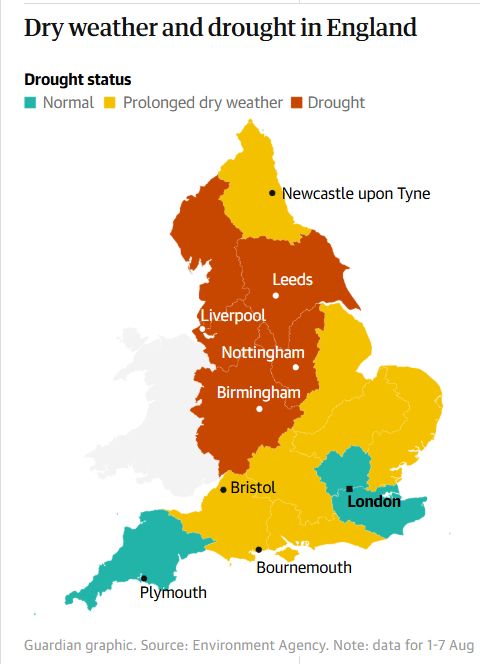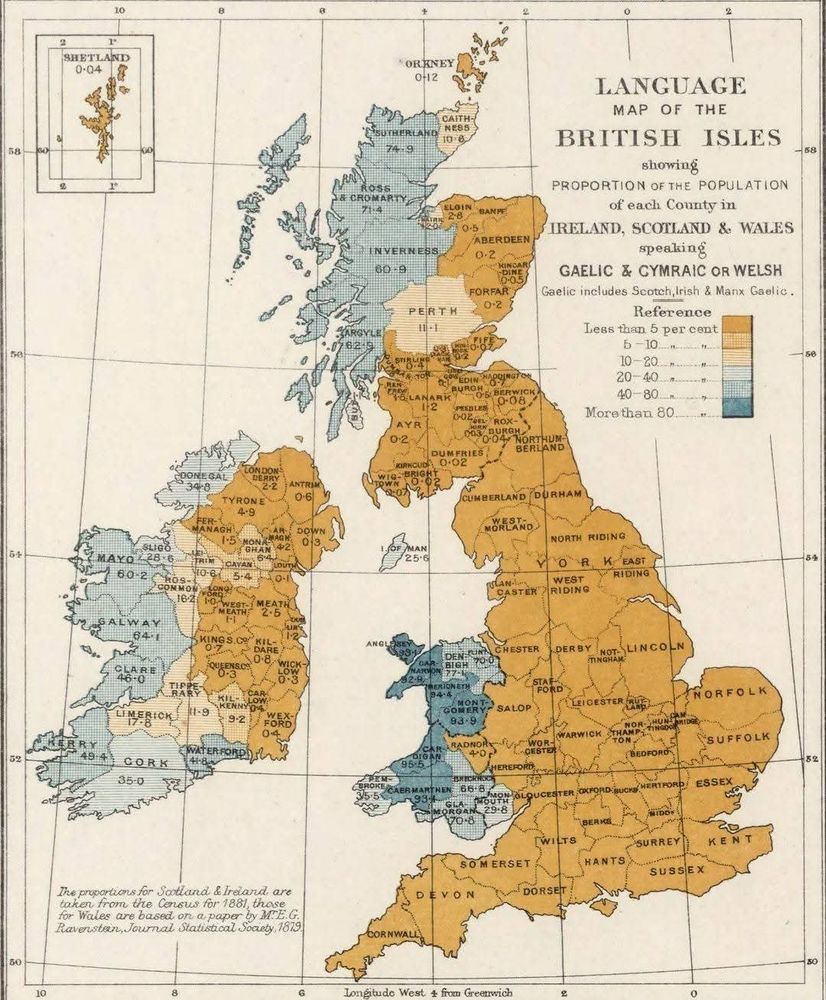Y Wenhwyseg
@wenhwyseg.bsky.social
560 followers
170 following
250 posts
Yn astudio a wilia yn Wenhwyseg. Studying and speaking Gwentian - the South-Eastern form of Welsh.
Posts
Media
Videos
Starter Packs
Y Wenhwyseg
@wenhwyseg.bsky.social
· Sep 15
Y Wenhwyseg
@wenhwyseg.bsky.social
· Sep 15
Y Wenhwyseg
@wenhwyseg.bsky.social
· Aug 12
Water shortage in England declared "Nationally Significant Incident" as climate-change induced hot, dry weather continues
Many areas in drought conditions with bans on hosepipe use
Outlook for rain remains below normal
www.theguardian.com/environment/...
Many areas in drought conditions with bans on hosepipe use
Outlook for rain remains below normal
www.theguardian.com/environment/...

Y Wenhwyseg
@wenhwyseg.bsky.social
· Aug 11














